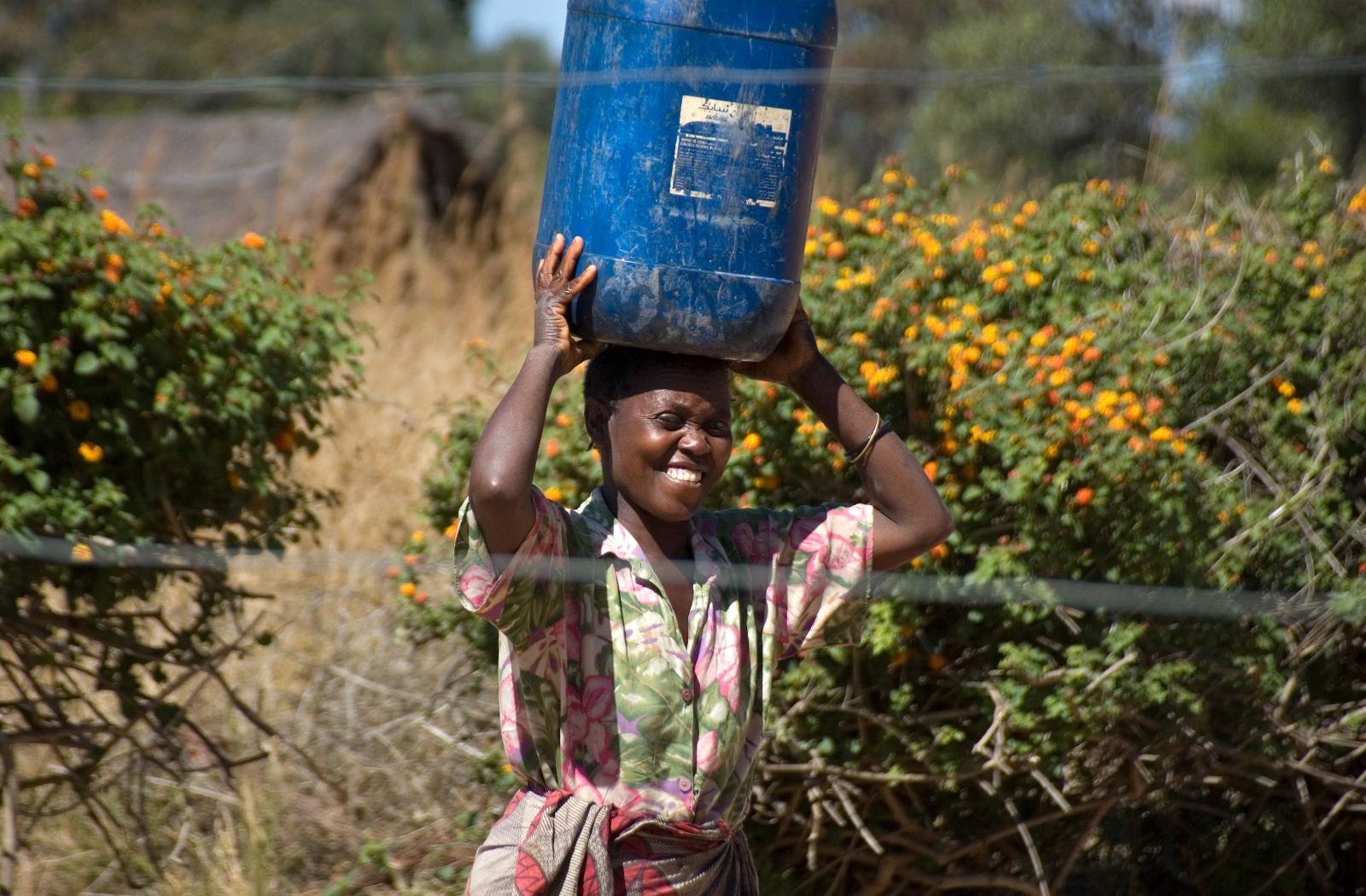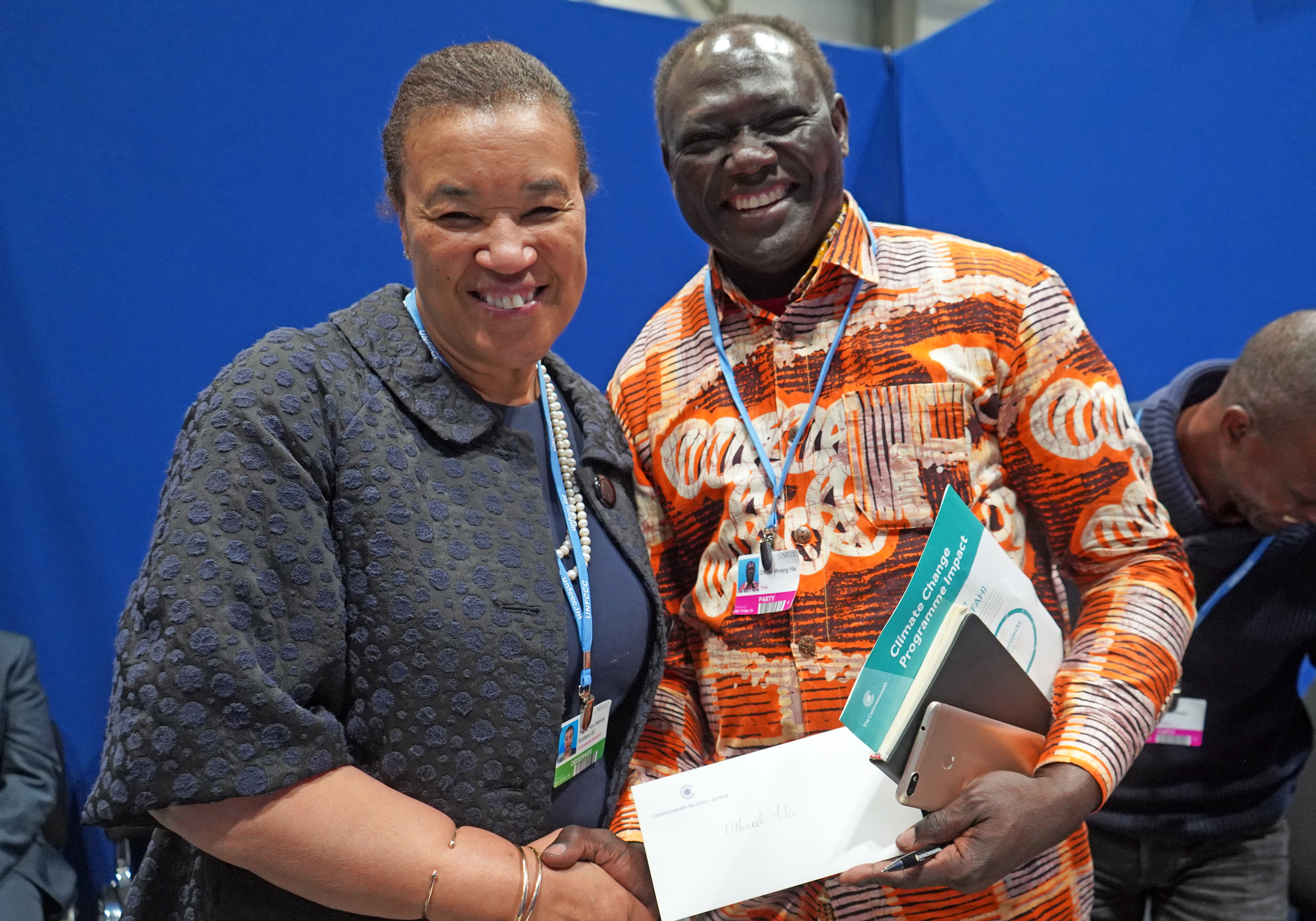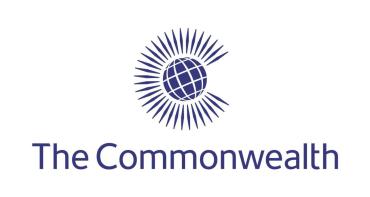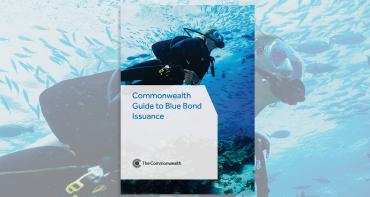There is a water crisis in Zambia – and it is deteriorating. Climate change has caused rainfall to dwindle, and in drought-prone areas, streams, rivers and lakes are drying up. Women and children are forced to walk longer distances to gain access to clean and safe water, while farmers must deal with lower crop yields and changing seasons. Millions of people’s lives and livelihoods are being impacted.

Blog by Dr Othniel Yila, Commonwealth National Climate Finance Adviser for Zambia
In this situation, groundwater resources such as springs, wells and aquifers become vital. Usually unseen and underfoot, groundwater makes up nearly a third of the world’s freshwater supply. It is critical during water shortages, while serving as an important water reserve during surplus periods. Groundwater resources therefore play an essential role in climate change adaptation and combatting food insecurity.
Out of sight, out of mind
However, because groundwater cannot be seen, there is limited understanding of where it is located, which direction it flows and how it connects to the surface. Despite its crucial role in Zambia, it remains poorly mapped and inadequately governed. As Beatrice Kanyamuna Pole, a hydrogeologist with Zambia’s Department for Water Resources and Development (DWRD), puts it: “You cannot manage what you cannot see.”
The department also does not have the most recent technology for operational forecasts and systems. Instead, it faces a lack of modern equipment, data analysis tools and expertise in aquifer mapping. Inadequate financial resources to support exploratory drilling as well as a lack of skilled personnel are also hindrances.
To tackle this hurdle, the Government of Zambia enlisted the support of the Commonwealth Climate Finance Access Hub to draft a proposal that would support the mapping of aquifers, which are underground rocks or soil that hold water. The project proposal aligns with Commonwealth Call to Action on Living Lands, which seeks to coordinate action on climate change, land degradation and biodiversity.
Out of 174 applications submissions from across Africa submitted to the Adaptation Fund Climate Innovation Accelerator (AFCIA), the project was among four selected for funding, receiving US$250,000. It is currently being implemented by the United Nations Environment Program (UNEP) through its Climate Technology Centre and Network (CTCN).
Mapping Zambia’s groundwater
Not only will the project help to provide an accurate and comprehensive micro-level picture of groundwater in the country using advanced geophysical equipment and technologies, it will also feed into a robust groundwater management plan. This means enhanced drinking water security, improved irrigation facilities and sustainable development of water resources for communities in rural and peri-urban areas.
In fact, the project is already helping Zambia to see the aquifer boundary under its land, which was previously impossible. Andrew Kaluba, a hydrogeologist at the DWRD, explains: “Because of the ongoing project, which may have covered thousands of kilometers since implementation, now we do know where the aquifer boundaries are, how deep it extends, whether it pinches out and is confided, whether there’s an impermeable layer and so on.”

According to him, the project is also cutting the time and resources required for groundwater prospecting, and improving borehole drilling success rates. The data collected through the project is currently being used as part of the ground truthing of maps produced using the aquifer data in harmonization with existing geological maps. The information is vital for developing a sensible, sustainable water regime in the context of climate change.
In addition, as implementing partner, CTCN is ensuring that the tools and methods for assessing the aquifers and making robust decisions are transferred into local hands, so that the people of Zambia will be able to benefit in the long term. Capacity-building support will also help the Department of Water Resources Development enhance the relevant skills and competencies, with a focus on the use of advanced technology for data collection, processing, modelling and forecasting.
Commonwealth support
This project is just one example of the concrete actions that climate-vulnerable countries in the Commonwealth must take to adapt to the harsh reality of climate change. But to make these actions possible, financial resources are needed.
In this regard, the Commonwealth Climate Finance Access Hub places long-term experts in government departments or regional bodies to support in developing funding applications, capacity building and implementation of projects. To date, the Hub has helped various countries to access more than US$67 million in climate finance, with more than US$800 million in the pipeline.
In Zambia specifically, the Hub has helped the Government to mobilise more than US$2.27 million for climate adaptation, including another GEF-funded initiative to establish a solar-powered water scheme in the Eastern Province. These projects support the country’s climate commitments, as set out in its Nationally Determined Contribution (NDC) and build climate resilience for all.
Zambia secures funds for climate adaptation with Commonwealth support
Learn more about the Commonwealth Climate Finance Access Hub
Photo credit: Jeff Walker/CIFOR
Media contact
- Josephine Latu-Sanft Senior Communications Officer, Communications Division, Commonwealth Secretariat
- +44 20 7747 6476 | E-mail



